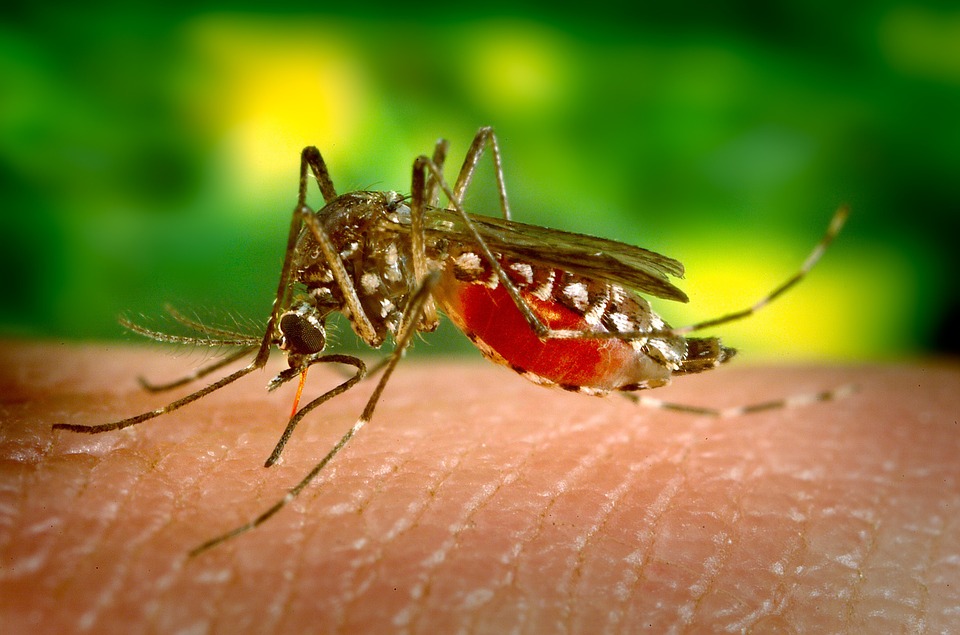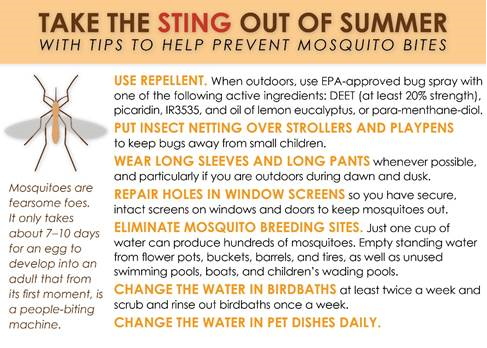Community
Tiverton, Warren, Providence test positive for West Nile Virus

PROVIDENCE – The Rhode Island Department of Environmental Management (DEM) announces that test results from three mosquito pools, or samples, from traps set in Warren, Tiverton and Providence have been confirmed positive for West Nile Virus (WNV). The findings are not unexpected. We are currently in the highest risk period for transmission of mosquito-related illness to humans.
The positive findings came from mosquitoes trapped by DEM staff on August 6 and August 14 and tested at the Rhode Island Department of Health (RIDOH) State Health Laboratories. The remaining 164 mosquito samples from 39 traps set on August 6, and 88 mosquito samples from 33 traps set on August 14, have tested negative for WNV and Eastern Equine Encephalitis (EEE).
To date, in Rhode Island, five mosquito samples from four communities have tested positive for WNV, and four mosquito samples have tested positive for EEE. Neighboring states of Connecticut and Massachusetts continue to report positive findings of WNV in mosquito samples this year.
Personal protection is the first line of defense against mosquitoes that may carry WNV, EEE, or other diseases – and the most effective way to avoid infection. With WNV and EEE established throughout the state, DEM and RIDOH remind the public to eliminate mosquito breeding grounds and prevent being bitten, whenever possible. The following precautions are advised:
• Use EPA-approved bug spray with one of the following active ingredients: DEET (20-30% strength is recommended), picaridin, IR3535, and oil of lemon eucalyptus or para-menthane-diol.
• Minimize outdoor activity at dawn and at dusk when mosquitoes are most active.
• Put insect netting over strollers and playpens.
• Wear long sleeves and long pants whenever possible, particularly if you are outdoors during dawn and dusk.
• Remove anything around your house and yard that collects water; just one cup of water can produce hundreds of mosquitoes.
• Clean gutters and downspouts to ensure proper drainage, and repair holes in window screens.
• Remove any water from unused swimming pools, wading pools, boats, planters, trash and recycling bins, tires, and anything else that collects water, and cover them.
• Change the water in birdbaths at least two times a week, and rinse out birdbaths once a week.
Horses are particularly susceptible to WNV and EEE. Horse owners are advised to vaccinate their animals early in the season and practice the following:
• Remove or cover areas where standing water can collect.
• Avoid putting animals outside at dawn, dusk, or during the night when mosquitoes are most active.
• Insect-proof facilities where possible and use approved repellants frequently.
• Monitor animals for symptoms of fever and/or neurological signs (such as stumbling, moodiness, loss of appetite) and report all suspicious cases to a veterinarian immediately. If you are unsure if your horse is properly vaccinated you should consult with your veterinarian.







You must be logged in to post a comment Login